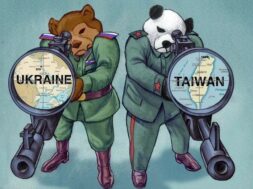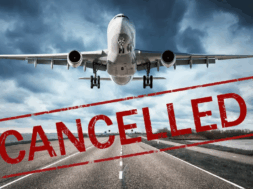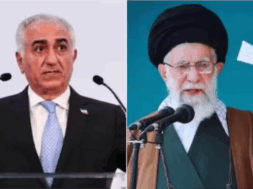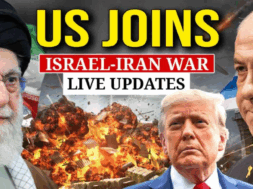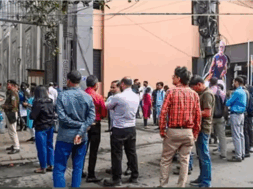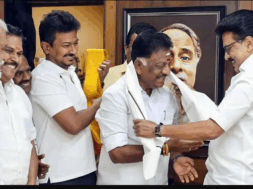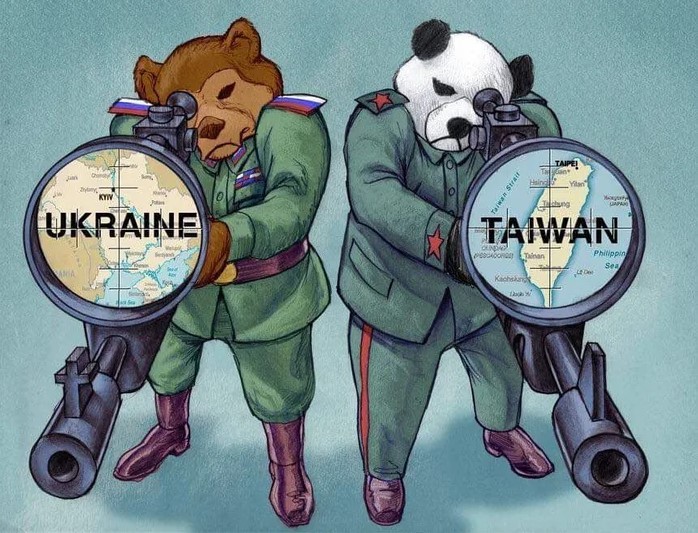
Roving Periscope: Why did Russia/China thank, and Ukraine/Taiwan rap Elon Musk?
Virendra Pandit
New Delhi: The world’s wealthiest man’s recent attempts to broker peace, apparently to boost his own business prospects in larger markets, has brought him new friends and foes—his potential larger markets, Russia and China, have praised him while the smaller ones, Ukraine and Taiwan, condemned him.
Recently, Elon Musk suggested that rising tensions between China and Taiwan could be resolved by handing over some control of Taiwan to China. Beijing immediately welcomed his advice to “figure out a special administrative zone for Taiwan that is reasonably palatable” but Taiwan firmly repudiated it.
Taipei was angry as Musk almost suggested Taiwan should become the next Hong Kong where the pro-democratic people have long been struggling to shake off the Chinese yoke, ever since the British ceded its colonial control to Beijing in 1997 under the agreed “One Country, Two Systems” model.
Predictably, Beijing’s Ambassador to the US, Qin Gang, lauded Musk for his ‘peaceful overtures’, which envisaged that Taiwan could be granted “a high degree of autonomy” after reunification with China. Gang tweeted, “I would like to thank @elonmusk for his call for peace across the Taiwan Strait and his idea about establishing a special administrative zone for Taiwan.”
“Actually, peaceful reunification and One Country, Two Systems are our basic principles for resolving the Taiwan question and the best approach to realizing national reunification.”
But Taiwan’s Ambassador to Washington, Hsiao Bi-khim, rapped the Tesla CEO for recommending that Taipei cede some control to Beijing, asserting that his island country’s “freedom and democracy are not for sale.”
In fact, the fate of Hong Kong people has alarmed the Taiwanese who no longer call themselves ‘Chinese.’
“Any lasting proposal for our future must be determined peacefully, free from coercion, and respectful of the democratic wishes of the people of Taiwan,” Hsiao tweeted.
Former Taiwan President Ma Ying-jeou also rejected the multibillionaire’s comments, saying, “Musk’s opinion means One Country, Two Systems… I cannot accept this.”
Beijing, which claims a democratically ruled Taiwan as one of its provinces, has long vowed to bring the island state under its control, even if by force. But with the US and its allies’ support, Taiwan strongly objects to China’s sovereignty claims, saying only the island’s 23 million people will decide its future.
As it did in Hong Kong, China has offered Taiwan the One Country, Two Systems model of autonomy, but all mainstream political parties have rejected it in Taiwan.
Recently, Musk had also floated a deal to end the eight-month-long Russia-Ukraine war, saying Ukraine could hand over the four Russia-annexed regions to Moscow after UN-organized referendums.
Predictably again, Moscow welcomed it while Kyiv rejected it.
